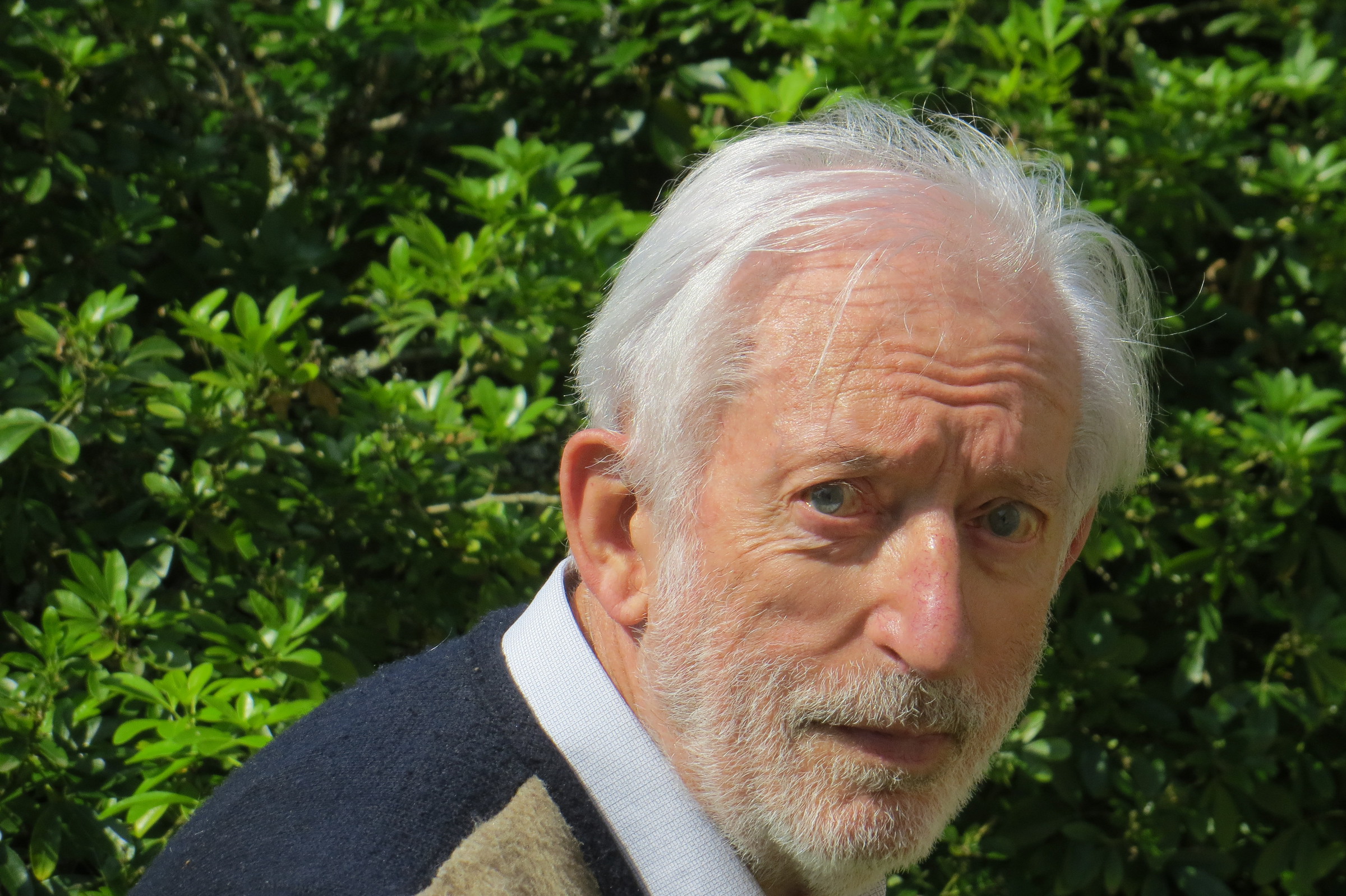I am proud to have helped to show that good literature in France is not only born in Paris

Stáhnout obrázek
Occitan poet, translator, publisher, educator, revivalist and patriot Bernard Lesfargues (in Occitan Bernat Lesfargas, July 27, 1924, Bergerac – February 23, 2018, Saint-Médard-de-Mussidan) remains relatively little-known figure to domestic and foreign audiences despite his merits. Lesfargues‘ poetic work is written in French and Occitan. Lesfargues began to declare his Occitan identity in Paris in the mid-1940s, when his Spanish teacher at a prestigious secondary grammar school recommended him to the Friends of the Occitan Language association, whose members met at the time in a café on Saint Sulpice Square. At the beginning of 1945, he became a co-founder of the Institute of Occitan Studies, the same year he published his first poem, and a little later he participated in the publication of the anthology Young Occitan poetry (1946). In 1952, the collection Cap de l‘aiga (Mother of the Waters) was published, for Còr prendre (Take the heart, 1965) he was awarded the Jaufré Rudel prize; the majority of his poems published in books include the committee La brasa e lo fuòc brandal (Bringing Coal and Flames, 2001). Perhaps better known than Lesfargues‘ own poetry, however, are his translations from Occitan, Spanish, and especially Catalan, which he devoted himself to from the early 1950s and which, among other things, helped to increase his otherwise modest income as a secondary grammar school teacher. Between 1954 and 1985, Lesfargues taught Spanish at a renowned gymnasium in Lyon, at the same time he was very active in the federalist movement and from 1975 he ran his own, federalist and regionalist-oriented publishing house Fédérop. Lesfargues translated the works of important Spanish and Catalan writers (Jaume Cabré, Mario Vargas Llosa and Joan Sales) into French during his six decades of translation work, and his translations significantly helped introduce Catalan culture to the French public at a time when Spain was under Francoist censorship. Even as a starting translator, Lesfargues received the prestigious Ilya Halférin-Keminskov prize for translation, and for his merits in spreading Catalan culture and the Catalan language, he was awarded, in particular, the Cross of St. George, a high honor awarded by the Catalan government, and the Pompeu Fabra Award, for literary translation from Catalan, the Ramon Llull Award. In 2015, a library dedicated to translations from Catalan bearing Lesfargues‘ name was opened at the Barcelona headquarters of the Ramon Llull Institute.










